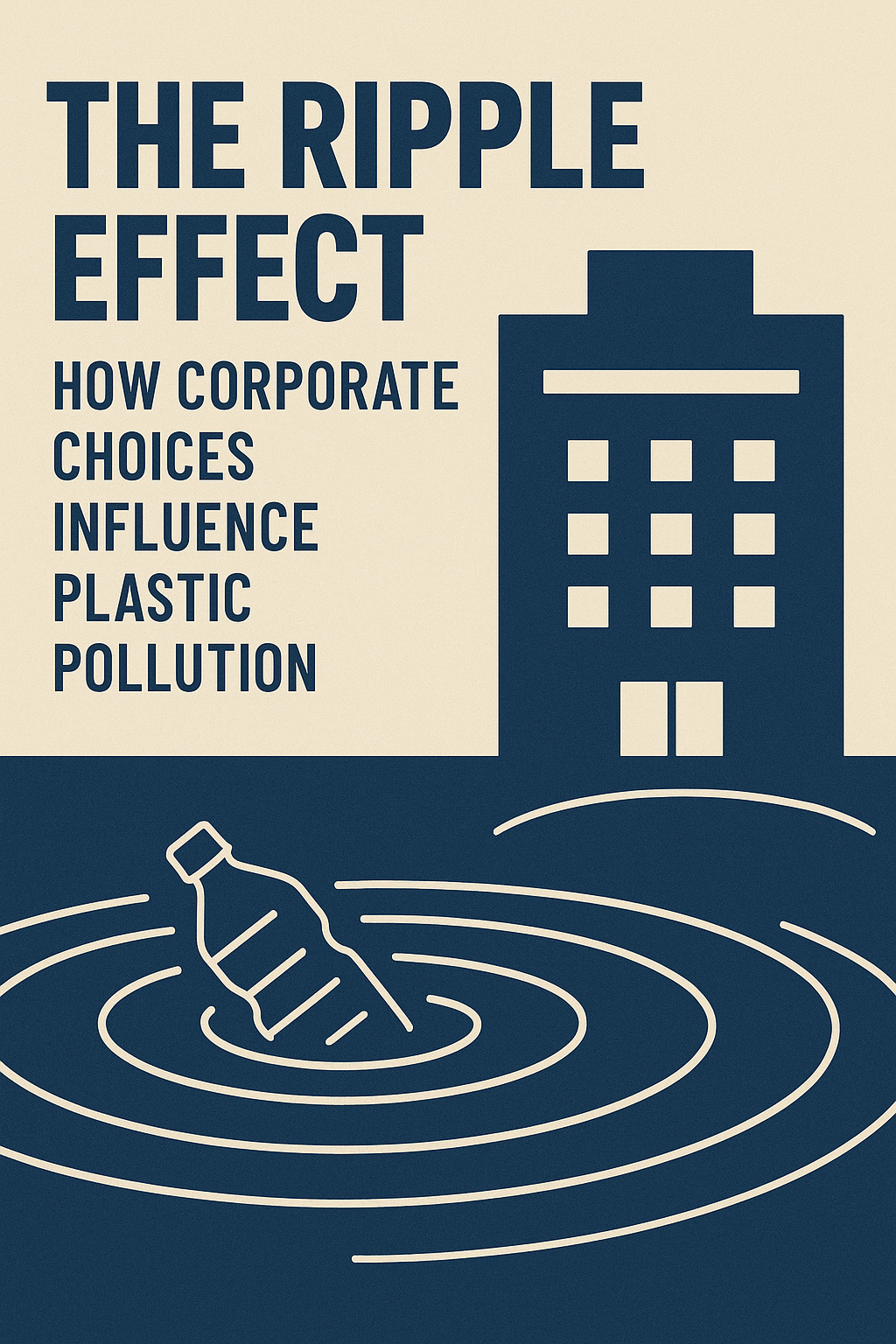As we mark World Environment Day 2025, it’s time for businesses to rethink packaging, procurement, and their environmental legacy. Every minute, a truckload of plastic enters our oceans. But long before it gets there, it begins its journey in a boardroom, where procurement decisions are made. As we mark World Environment Day 2025 under the…...
Individual Premium Membership Required
You must be a Individual Premium member to access this content.
Already a member? Log in here




